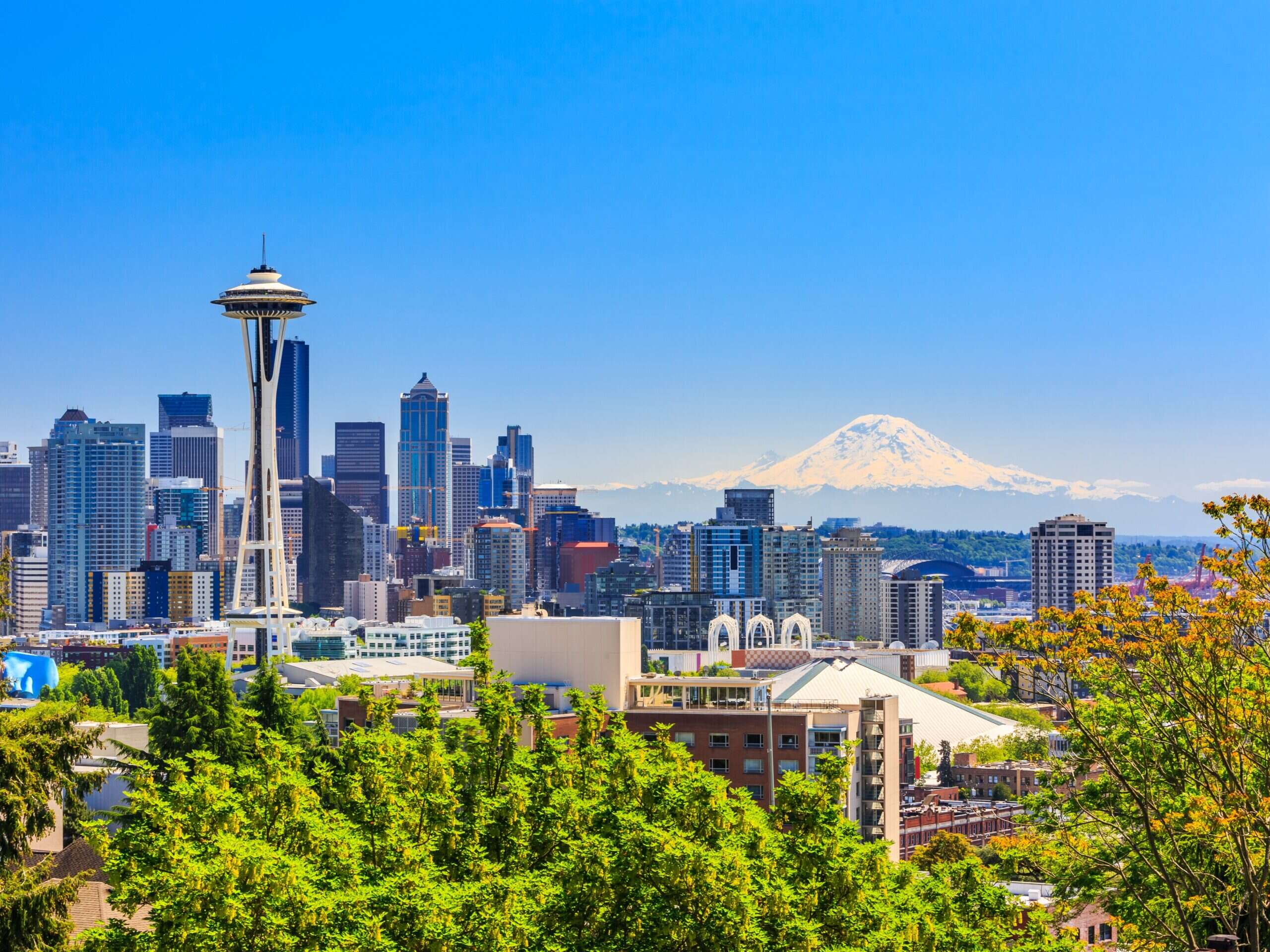
How do you persuade 71,000 people to pay for access to your local news website?
Frank Blethen, chief executive and publisher of the Seattle Times, can reel off several strategies and innovations that have helped his publication achieve this feat.
Customer service, fast page-download speeds, in-depth research into reader tastes, and close collaboration between different company departments are among the key issues to consider, he says. But ultimately, “content is always number one”.
Over the past 70 years, the Washington state title has won 11 Pulitzer Prizes, including a 2020 national reporting award for its coverage exposing design flaws with Seattle-based Boeing’s 737 MAX plane.
But, while globally-significant investigative journalism can’t be bad for growing your readership numbers, one of the biggest secrets of the Times’ success is a subject area of relative mundanity: traffic.
“People just love to read about bridges and tunnels,” Blethen tells Press Gazette in a phone interview, explaining that the title’s Traffic Lab – an editorial project launched in 2017 to investigate the city’s transport infrastructure – is “the one that gets the most traffic, and influences most subscriptions”.
“Traffic is the one thing that affects everybody,” he says. “And some of it becomes highly technical. We’ve got another bridge failure – the West Seattle Bridge – which is just egregious and affecting a lot of people.
“People really want to know about what the public agencies are doing, why is traffic so bad, why [authorities are] raising the gas tax.
“So those are examples where we know that the whole community, or very significant portions of the community, are very connected with this content.
“The sweet spot for us is local stories that either make an important difference or change – or that really connect with a large breadth of the community.”

Frank Blethen of the Seattle Times
Founded in 1896 by Blethen’s great-grandfather, Alden Blethen, the Seattle Times is today one of America’s largest family-owned regional news groups. (Although newspaper chain McClatchy – which was bought by hedge fund Chatham Asset Management in the summer after going bankrupt – owns just under half of Seattle Times shares, the Blethen family is in control of the title, with a 50.5% stake.)
The vast majority of local and regional newspapers across the United States are now controlled by large chains, such as McClatchy and Gannett, and therefore also by the financial firms that own them.
Blethen – who was recently named Editor & Publisher magazine’s Publisher of the Year – sees this as a major problem. In a letter to readers in August – in which he described the local US press as being in “its most fragile condition ever” – he bemoaned the fact that “most newspapers in the United States are now controlled by absentee financial opportunists, damaging local communities and civic engagement and deepening social fault lines by disinvesting in the quality and volume of local journalism”.
Blethen, who has led the Seattle Times since 1985, is pushing for several national law changes to help the local press survive the current crisis. His suggestions include the creation of a new local free press subsidy – “one example could be a Free Press Super Fund, funded by a fee on the major internet platforms” – and new rules that would incentivise local ownership of newspaper companies.
Blethen admits there is a “sentimental aspect” of his commitment to the Seattle Times and local journalism – “going back to my great-grandfather, over 100 years everything that the family talks about is our mission, the public service mission around this, to support public-interest journalism”.
However, in spite of the advertising decline that has hit newsgroups across the world and is likely to continue claiming jobs for some time to come, Blethen also sees business opportunities for the Seattle Times.
The newspaper still boasts a circulation of around 110,000 on weekdays and 165,000 on Sundays. Some 65% of the group’s revenues are now categorised as ‘audience’, which includes subscriptions, far above advertising on 25%.
The title’s latest digital subscription numbers have increased rapidly this year, from 52,000 to 71,000 by mid-October – “one of the benefits of Covid” – and Blethen is confident that many will stick around for the long haul.
“We have done some research on what those new subscribers look like,” he says. “Are they just going to be fly-bys – people that just came in because of Covid and are going to go away? To our surprise, they very much mirror our traditional loyal subscribers.”
And the Seattle Times has developed several other money-making innovations in recent years, including Traffic Lab – which draws funding from local corporate partners – and, as of last year, an investigative journalism fund, which has attracted donations of $120 to $100,000 from hundreds of readers.
Blethen believes schemes like these demonstrate that it is still possible for local newsgroups to thrive. However, he doesn’t hold out much hope for the many hundreds owned by large newspaper chains.
“Corporates are usually populated with people who are not the smartest operators in the world but think they are,” he says.
“The way the chains have operated in the last few years, and the hedge funds, the only real mantra is: ‘How much can you squeeze out of it, and how quickly? Don’t bother me with innovative expenses.’
“I think one of the things we’re proving is [that] you don’t have to have huge cash troves to be able to do these things.”
Read more: Interviews with leading figures from the world of news media
This article was amended on 23 November to state that the Seattle Times has won 11 Pulitzer Prizes over the last 70 years, rather than 60 years. We also updated weekday and Sunday circulation figures, and clarified that the Seattle Times had 71,000 subscribers as of mid-October.
Email pged@pressgazette.co.uk to point out mistakes, provide story tips or send in a letter for publication on our "Letters Page" blog
